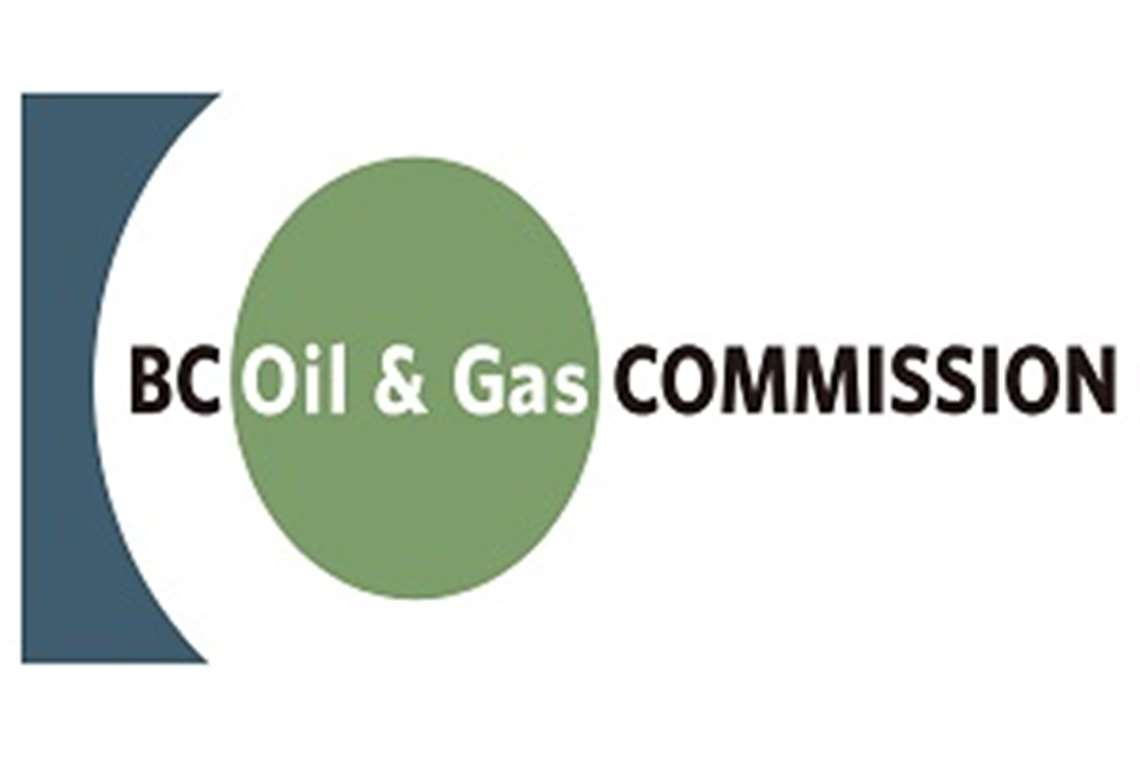New Methane Emissions Regs In BC
January 10, 2020

The BC Oil and Gas Commission has enacted new regulations for British Columbia to reduce methane emissions from upstream oil and gas operations to meet or exceed federal and provincial methane emission reduction targets. The amendments to the Drilling and Production Regulation, which went into effect Jan. 1, are intended to address the primary sources of methane emissions from B.C.’s upstream oil and gas industry, which the commission said include pneumatic devices, equipment leaks, compressor seals, glycol dehydrators, storage tanks and surface casing vents.
The impact of the new regulations is a reduction in methane emissions by 10.9 megatons of carbon dioxide equivalent over a 10-year period, according to the commission.
The changes include enhancements to requirements for leak detection and repair, which is intended to ensure leaks are detected and repaired quickly. Additionally, robust data management and reporting requirements to facilitate transparent reporting of industry actions are under development.
The new regulations and methane reduction measures align with the Province’s CleanBC plan. The Government of B.C. has a methane emission reduction target of 45% by 2025 relative to 2014 levels, while the national government of Canada has set a reduction target of 40 to 45% by 2025 relative to 2012 levels.
To support ongoing progress on meeting targets, the Commission is involved in the BC Methane Research Collaborative (MERC), which was created to focus research efforts toward managing and reducing the release of methane from oil and gas operations. The initiative involving provincial agencies, environmental, scientific and industry groups will make recommendations on the design and implementation of the key research deliverables critical to the identification, quantification and control of methane emissions to support reduction goals.
In addition, the commission has released a new guideline on the management of fugitive methane emissions. The Fugitive Emissions Management Guideline is intended to support the new leak detection and repair requirements of the Drilling and Production Regulation.
A copy of the guideline is available on the Commission’s website. The guideline contains:
• Fugitive emissions management plan development information.
• Leak detection survey procedures, frequency, spacing and timing guidance.
• Training and competency expectations.
• Leak repair tracking, management and verification procedures.
• Data collection and management requirements.
The guidelines can be accessed here.
MAGAZINE
NEWSLETTER

CONNECT WITH THE TEAM








